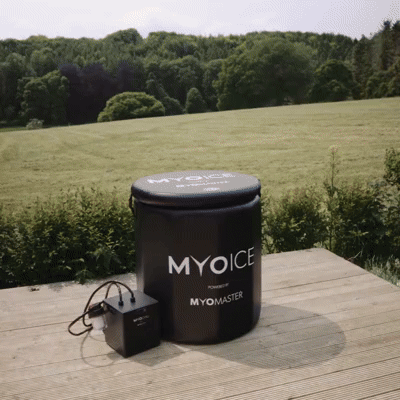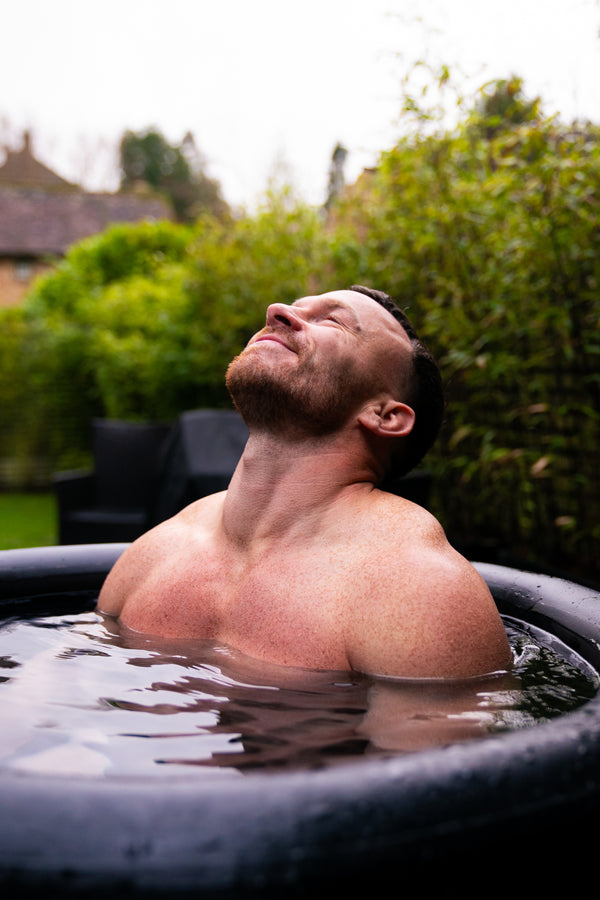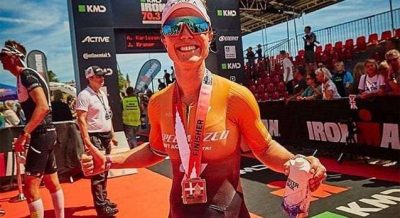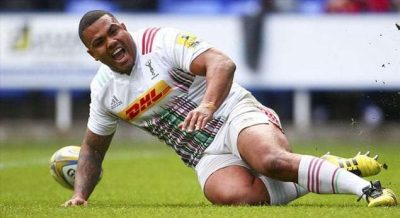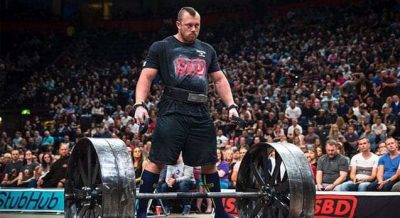We talk to Saracens and former England Rugby Sports Scientist and Strength & Conditioner about Eddie Jones' winning formula, the power of data and his love of compression.
Affectionately known as ‘Chopper’ by players and coaches at Saracens, he started his career as an intern with New Zealand teams Auckland ITM and Auckland Blues a time he describes as ‘incredible’.
On his return he quickly started working with Bath Rugby and Cornish Pirates before securing his dream job with Saracens as both a S&C and Sports Scientist. After four years earning his stripes at one of the most successful rugby clubs in Europe it’s no surprise he was picked up by England Rugby and began working closely with Stuart Lancaster as he began his role as England Head Coach.
Chopper describes his time with England ‘a fantastic learning experience’ as he supported the team through a World Cup that will be remembered for all the wrong reasons, he then continued his role under the new leadership of Eddie Jones and went on to enjoy a successful Six Nations and Summer tour in 2016.
He’s been back with Saracens for a couple of years now and reflecting on his career he notes the incredible evolution of data and the role of recovery in the sport, ‘When I first started out at Sarries and was working with (then Director of Rugby) Brendon Ventor, we brought in heart rate monitors because we wanted to know that everyone was working hard enough. ‘Back in the day clubs had some interesting data, now we’ve learnt how to make that data become useful. It allows us to measure the intensity and crucially, the impact training is having on players and even their overall sense of wellbeing.’ he says ‘Often sports science can get pigeon holed as the GPS guy but it’s so much more than that, it’s about using the data coupled with your knowledge to benefit and significantly improve performance.’
Both England Rugby and Saracens have an incredibly clear vision and everything they do ladders up to it
It’s clear he’s passionate about the role the sports science and recovery can play in improving the performance of teams and individuals, ‘Where recovery has become really clever is matching the programme to a specific ailment often preventing a particular issue from becoming a full-on injury. We develop really bespoke programmes for every single athlete based on their strengths and weakness and the in-depth data we can now gather on them. That elevates the impact of what we are doing to a whole new level.’
He’s got very clear advice to people who are looking to implement more recovery into their training sessions ‘Be committed to getting eight hours sleep a night and focus on your nutrition. Beyond that I’m a really big fan of compression garments worn after a big session or match, you can sleep in them comfortably and they really help to reduce pain and stiffness the next day.’
He’s spent the bulk of his career working with two of most successful team in the sport, England and Saracens, and when asked about what sets them apart, he doesn’t hesitate ‘They both have an incredibly clear vision and everything they do ladders up to it. Everyone from the kit man to the Head Coach believes in that one goal and is on the same page, that level of clarity and commitment sets them apart without a doubt.’
As for his own vision ‘I’m incredibly lucky to have been a part in the successes of both Saracens and England Rugby over the past few years, it’s been a dream come true’ and long may it continue.

